Data Analysis Definition: Tools, Research, and Key Insights
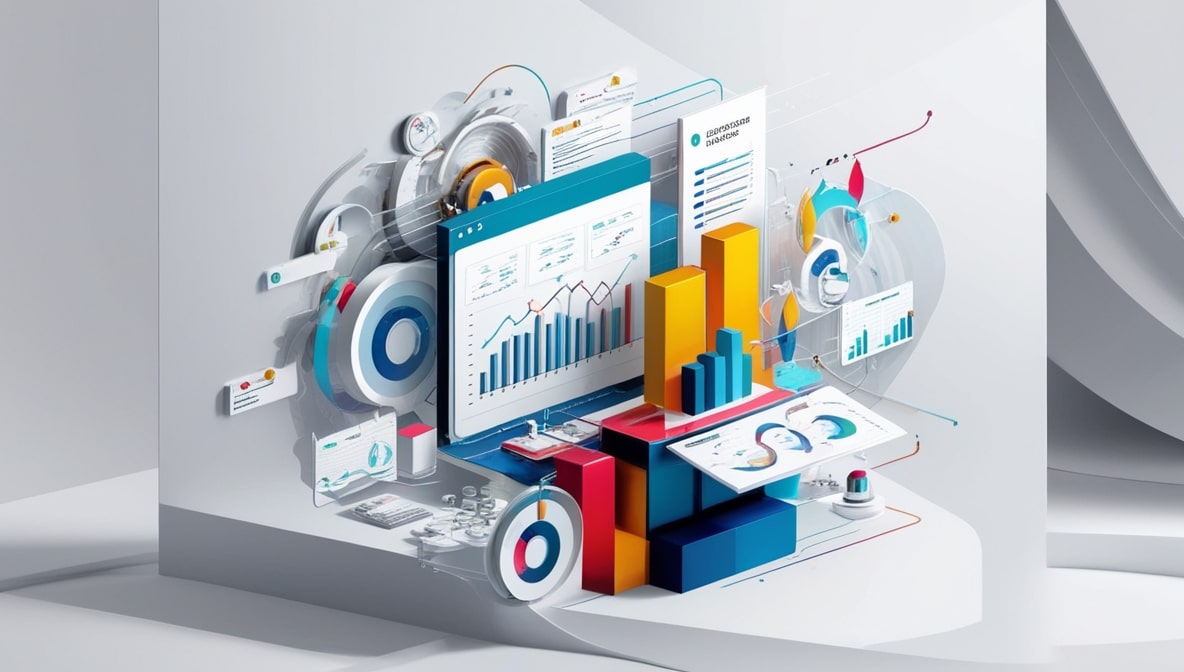
Data Analysis Definition: Tools, Research, and Key Insights
Discover the meaning of Data Analysis Definition, explore essential tools, and dive into groundbreaking research shaping the future of analytics.
Data analysis has become an essential process across various industries, from research and science to business and technology. At Rapid Phone Center, we understand the importance of harnessing the power of data for informed decision-making. In this guide, we will explore the different definitions and aspects of data analysis, including its importance in research and scientific fields. Whether you are a professional in the field or someone seeking a deeper understanding, this guide will provide valuable insights.
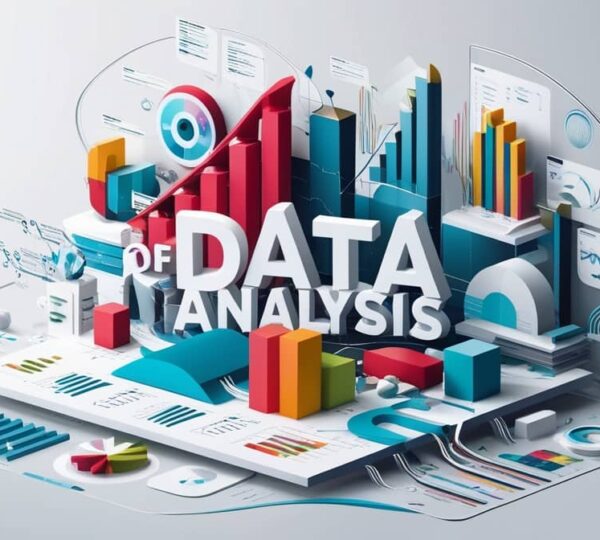
What is Data Analysis?
Data analysis refers to the process of systematically applying statistical or logical techniques to describe, summarize, and compare data. The goal is to uncover patterns, correlations, trends, and insights that can inform decision-making, problem-solving, or predictions. Explore various types of data analysis, including descriptive, diagnostic, predictive, and prescriptive, to extract insights and inform decisions.
The definition for data analysis is quite simple: it is a set of methods and techniques used to inspect, clean, and model data with the goal of discovering useful information, drawing conclusions, and supporting decision-making processes.
When we talk about the definition of analysis of data, we are referring to the same process but often in a more generalized context. Analysis of data involves breaking down raw data into more understandable formats to extract insights, assess relationships, and generate actionable results.
To clarify, the analysis of data definition involves examining data carefully using statistical methods and tools to draw conclusions from it. It can include various tasks such as cleaning data, transforming it into a suitable format, visualizing it, and performing statistical tests to generate insights.
Data Analysis Tools and Techniques
Data analysis is rarely performed manually anymore due to the complexity and volume of modern datasets. Various data analysis tools are available to aid in the process. These tools help automate tasks, perform complex computations, and generate visuals that make data more understandable.
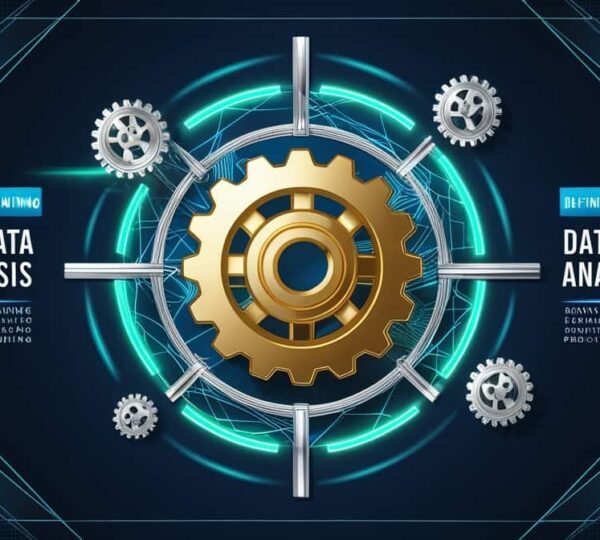
At Rapid Phone Center, the definition of analysis data involves examining raw information to uncover patterns, trends, and insights. By using advanced data analysis techniques, we provide businesses with actionable intelligence that drives better decision-making. Our expert team helps optimize processes and improve outcomes through comprehensive data evaluation. Unlock the power of marketing data analysis to optimize campaigns, understand customer behavior, and drive business growth with data-driven insights.
The data analysis tools definition refers to software and techniques used to process and analyze data. These tools include popular software like Excel, R, Python, SAS, and specialized programs designed for big data analytics like Hadoop and Spark. These tools allow analysts to clean, process, and visualize data in meaningful ways.
At Rapid Phone Center, the definition of data analysis in research involves evaluating and interpreting data to uncover meaningful insights that support informed conclusions. By using advanced tools and techniques, we help researchers analyze data accurately, identify trends, and ensure data integrity, ultimately enhancing the quality and effectiveness of their research findings.
Big Data Analysis
The rise of big data has significantly influenced how data analysis is approached. Big data analysis is defined as the process of examining large, complex datasets (often referred to as big data) to uncover patterns, correlations, trends, and other insights.
The definition of big data analysis refers to the use of advanced data processing tools and techniques to handle massive datasets that cannot be processed by traditional data analysis methods. These methods involve distributed computing, machine learning algorithms, and powerful data processing platforms. Data analysis meaning refers to the process of examining data to extract useful insights, identify patterns, and support decision-making.
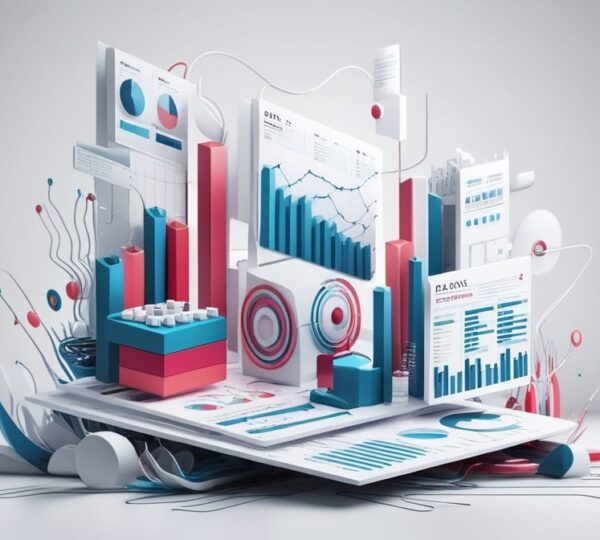
At Rapid Phone Center, the definition of data analysis refers to the process of systematically inspecting and interpreting data to extract valuable insights. Using advanced tools and techniques, we help businesses understand their data, identify trends, and make informed decisions. Our expert team delivers actionable results that optimize operations and drive success.
At Rapid Phone Center, analysis data definition refers to the process of examining and interpreting data to uncover patterns, correlations, and insights. By leveraging advanced tools and methods, we help businesses and researchers make sense of complex data, turning it into actionable information that drives better decision-making and improves overall performance.
Data Analysis in Research
Data analysis plays a crucial role in research, helping researchers make sense of experimental results, validate hypotheses, and draw accurate conclusions. Whether in academic research, market research, or scientific studies, data analysis is a fundamental tool for researchers. Outbound sales involves proactively reaching out to potential customers through calls, emails, and other methods to drive business growth and revenue.
At Rapid Phone Center, the definition of data analysis is the process of inspecting, cleaning, and modeling data to uncover meaningful patterns and insights. Our skilled team uses advanced techniques to transform raw data into valuable information, helping businesses make data-driven decisions, optimize processes, and improve overall performance.
The data analysis in research definition refers to the application of statistical or analytical techniques to interpret research data. It involves analyzing data collected from experiments, surveys, or observations to test hypotheses and draw conclusions. The insights gathered from this process can validate theories, generate new hypotheses, or lead to new discoveries.
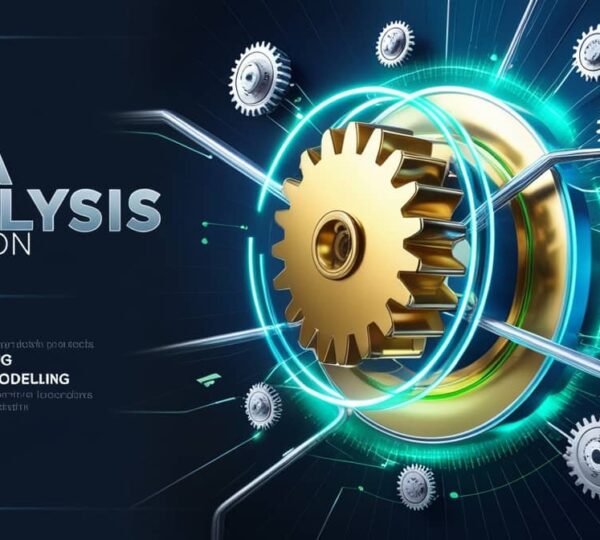
The data analysis definition in research emphasizes that data analysis is not just about calculating numbers; it is about deriving insights that support research goals. It often includes both descriptive and inferential analysis methods that help explain patterns or predict outcomes based on data.
The Role of Data Analysis in Science
In the scientific community, data analysis is crucial for validating experimental results, analyzing complex systems, and generating hypotheses. Scientific data analysis often requires specialized tools and methodologies.
The data analysis definition science refers to the systematic approach used by scientists to analyze experimental data. It involves techniques like statistical modeling, regression analysis, and hypothesis testing to understand the results and draw conclusions that are scientifically valid. Lead generation is the process of attracting and identifying potential customers to build a sales pipeline and boost business opportunities.
Exploratory data analysis (EDA) is a key technique in data analysis, where analysts explore data sets to summarize their main characteristics before applying more formal modeling or hypothesis testing techniques. The exploratory data analysis definition is the process of visually and statistically examining data to uncover underlying patterns and structures.
The data analysis science definition relates to the specialized branch of data analysis applied in scientific research. It focuses on deriving patterns and insights from experimental data using both qualitative and quantitative methods. This type of data analysis is rigorous, as scientific conclusions often depend on its accuracy.
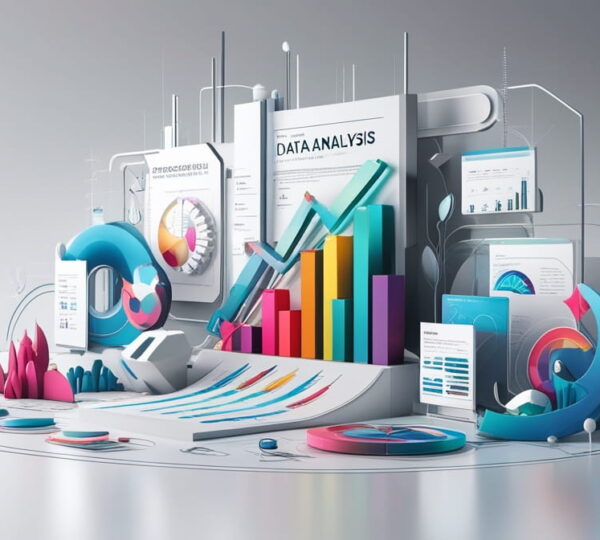
The Importance of Data Analysis
At Rapid Phone Center, we understand that data analysis is not just an academic concept but a practical tool for enhancing business operations. In customer service, for example, data analysis helps us understand customer behavior, optimize product offerings, and improve service quality.
- Improving Decision-Making: By analyzing data, businesses can make data-driven decisions rather than relying on guesswork.
- Identifying Patterns and Trends: Data analysis reveals patterns that may not be immediately apparent, allowing businesses and researchers to act on emerging trends.
- Enhancing Efficiency: Automated data analysis tools reduce the time and effort required to process large datasets, leading to faster decision-making.
Understanding the various definitions of data analysis, including its role in research, science, and business, is crucial for leveraging the power of data. Whether you are involved in research or looking to improve your business operations, effective data analysis is the key to gaining valuable insights and making informed decisions.
At Rapid Phone Center, we utilize advanced data analysis techniques to stay ahead in the industry, ensuring that our services and offerings are always aligned with customer needs. Whether you’re exploring data for scientific purposes or seeking to optimize your business, embracing data analysis will help you make the most of your information.
Frequently Asked Questions
Explore our Frequently Asked Questions to understand the definition of data analysis and its key concepts at Rapid Phone Center. Omnichannel customer service provides seamless support across various channels, ensuring consistent and efficient communication with customers.
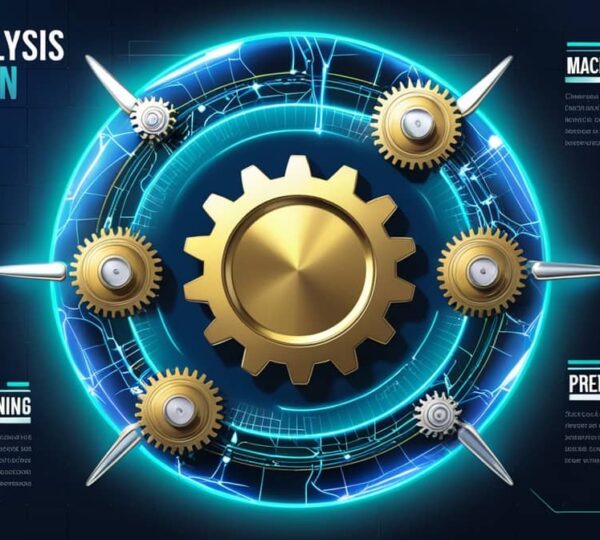
What is Data Analysis?
Answer: Data analysis is the process of inspecting, cleaning, transforming, and modeling data with the goal of discovering useful information, drawing conclusions, and supporting decision-making. It involves various techniques depending on the type of data and the objective of the analysis.
Why is Data Analysis Important?
Answer: Data analysis helps organizations make informed decisions by uncovering patterns, trends, and insights from data. It drives efficiency, improves strategies, supports forecasting, and allows businesses to make evidence-based decisions.
What is the Difference Between Data Analysis and Data Analytics?
Answer: Data analysis generally refers to the process of examining and interpreting data to extract insights. Data analytics, on the other hand, often refers to the broader field that encompasses data analysis along with other activities like predictive modeling, statistical analysis, and the use of advanced technologies to analyze large datasets.
What is Descriptive Data Analysis?
Answer: Descriptive data analysis involves summarizing and interpreting historical data to identify trends, patterns, and relationships. It helps provide a clear picture of past events and performance.
You might also find our article intriguing:
Good Luck to You 🌊




